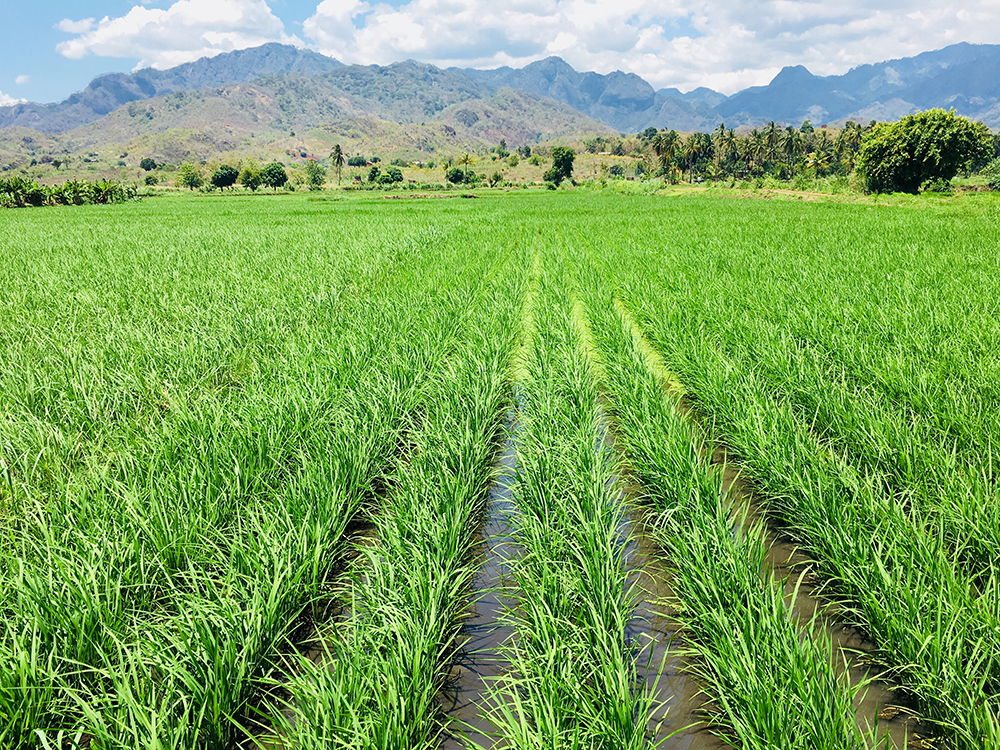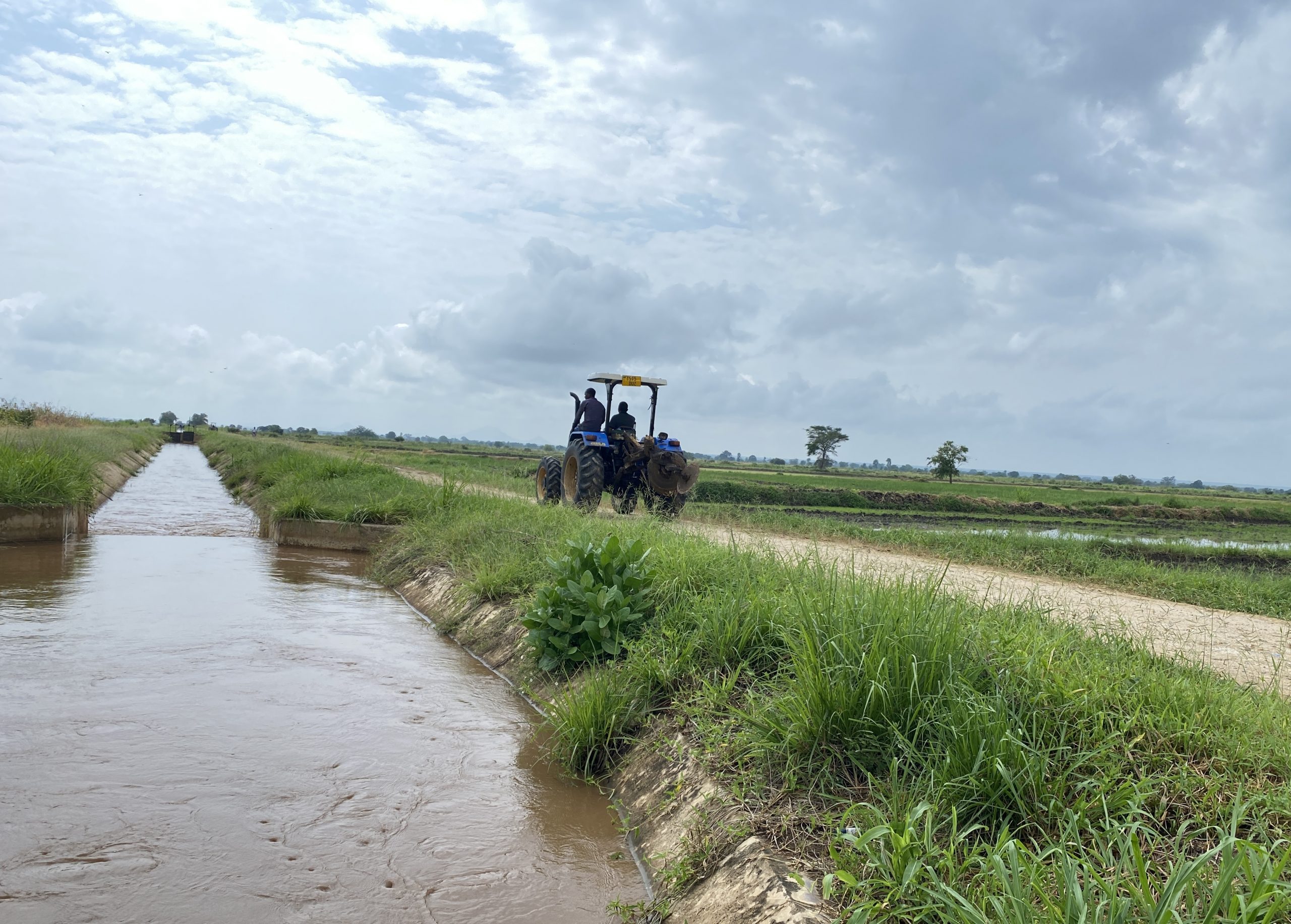| Name | Eustadius Francis MAGEZI |
|---|---|
| Position | Assistant Professor |
| Tel | 022-757-4209 |
| Fax | 022-757-4185 |
| magezi.eustadius.francis.d5*tohoku.ac.jp(Please replace * with @) | |
| Research Interest | Agricultural Economics, Development Economics |
| Career | Education:
Research and Work Experience:
|
| Research map | https://researchmap.jp/magezi?lang=en |
| Research Projects | |
|
Empirical Analysis on the impact of new agricultural technologies on productivity and diffusion mechanisms in Africa. In recent years, there has been a concern about food shortages in Africa due to population growth. Therefore, there is a need to improve agricultural productivity. Particularly rice, its consumption has been rapidly increasing in Africa, but the paddy production per hectare has not significantly increased. Therefore, I have conducted research works in Tanzania to examine how new rice technologies can be disseminated to local farmers and lead to increased rice productivity.
My empirical research has mainly focused on the use of household survey data and randomized controlled trials (RCTs) but recently, I have also been working on empirical studies combining survey data with different types of data, such as spatial data and behavioral data. 
 | |
| Research Seeds | |
|
Adoption of P-dipping and its impact on rice productivity: A randomized controlled trial P-dipping is a technology for soaking rice seedlings in a relatively small amount of phosphate fertilizer mixed with mud just before transplanting. It was developed in Madagascar by researchers from Japan International Research Center for Agricultural Sciences (JIRCAS). It is a technology that is attracting attention from JICA and the Madagascar government because it can increase rice productivity with a small amount of fertilizer. However, as the technology has just been developed, the mechanism by which such technology can spread remains unclear. Therefore, we are currently conducting research using the RCT approach in Madagascar to evaluate the impact of P-dipping on rice cultivation technology adoption and productivity.
| |




